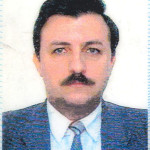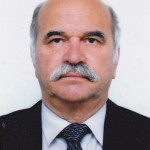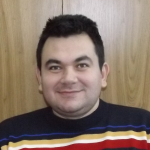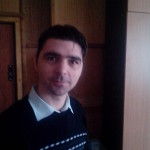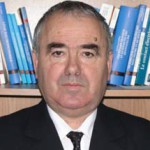 Gradul didactic: Profesor
Gradul didactic: Profesor
Titlul stiintific: Doctor inginer
ipopa@elth.ucv.ro
Telefon: 0251-435-724, int. 224
Fax: 0351-814-144
Adresa de corespondenta: Universitatea din Craiova, Facultatea de Inginerie Electrica
Bd. Decebal, nr. 107, Craiova, cod 200440, ROMANIA
Domenii de expertiză:
Modelare numerică (metoda volumelor finite, metoda diferentelor finite)
Modelarea numerică a arcului electric (cu modele fizice) şi a camerelor de stingere ale întreruptoarelor de înaltă tensiune cu hexafluorură de sulf (SF6).
Concepţia asistată a aparatelor şi echipamentelor electrice.
Modelarea numerică a transferului termic în aparate şi echipamente electrice. Sisteme de operare: UNIX (LINUX), WINDOWS ;
Limbaje de programare: FORTRAN, BASIC ;
Procesoare de text: WORD, LATEX ;
Software de aplicatie: MATHCAD, MC3, MATHEMATICA, MATLAB, QuickField, FEMM
Discipline predate:
Aparate electrice
Proiectarea asistată a aparatelor electrice
Eléments de Productique
Contrôle de la Qualité
Modélisation numérique du transfert thermique
Analiză numerică aplicată în electrotehnică
Modelarea numerică a transferului termic in electrotehnică
Gestiunea producţiei industriale
Equipements électriques
Transfer termic în electrotehnică
Echipamente electrice


